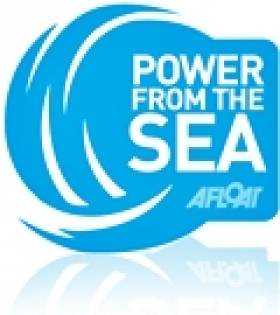Displaying items by tag: efficient
'Underwater Kite' a Clean Energy Solution
An 'underwater kite' developed by a Swedish company could be a simple answer to harnessing the power of the sea, The Local reports.
The Deep Green device looks like a toy kite with a turbine attached. But when tethered to the seabed and carried by the ocean currents, it can harness energy at a much more efficient rate - 800 times greater - than surface-based turbines.
Minesto, the company behind the project, claims it can generate 500 kilowatts of power even in calm conditions.
A scale model of the Deep Green system, which was included in Time Magazine's 50 Best Inventions of 2010, will be unveiled later this year off the coast of Northern Ireland.
It will provide an opportunity for testing in real ocean conditions, as well as evaluating the potential impact on marine life below the surface.
“We are confident once successful trials have been carried out for it to be commercially operative by 2013,” said Minesto CEO Anders Jansson.
Sweden's The Local has more on the story HERE.
























































